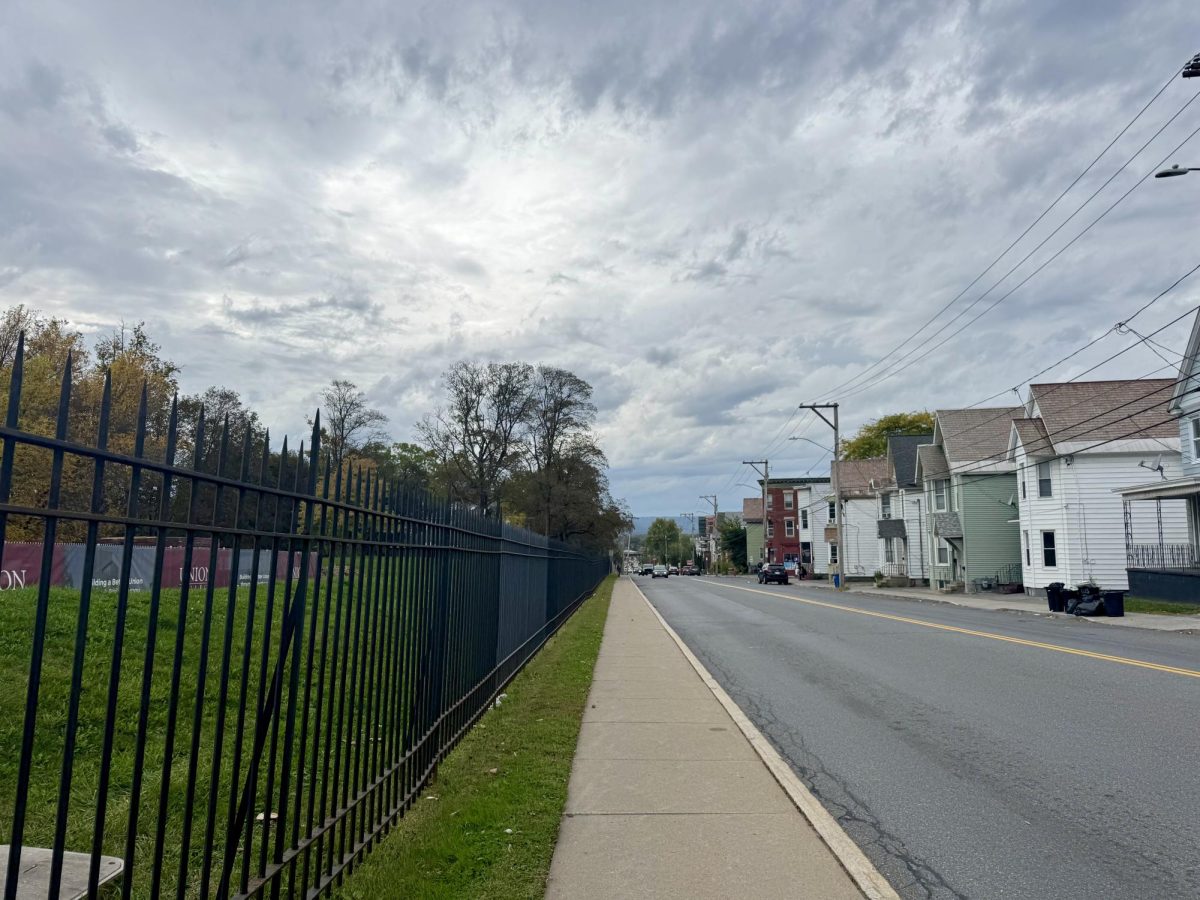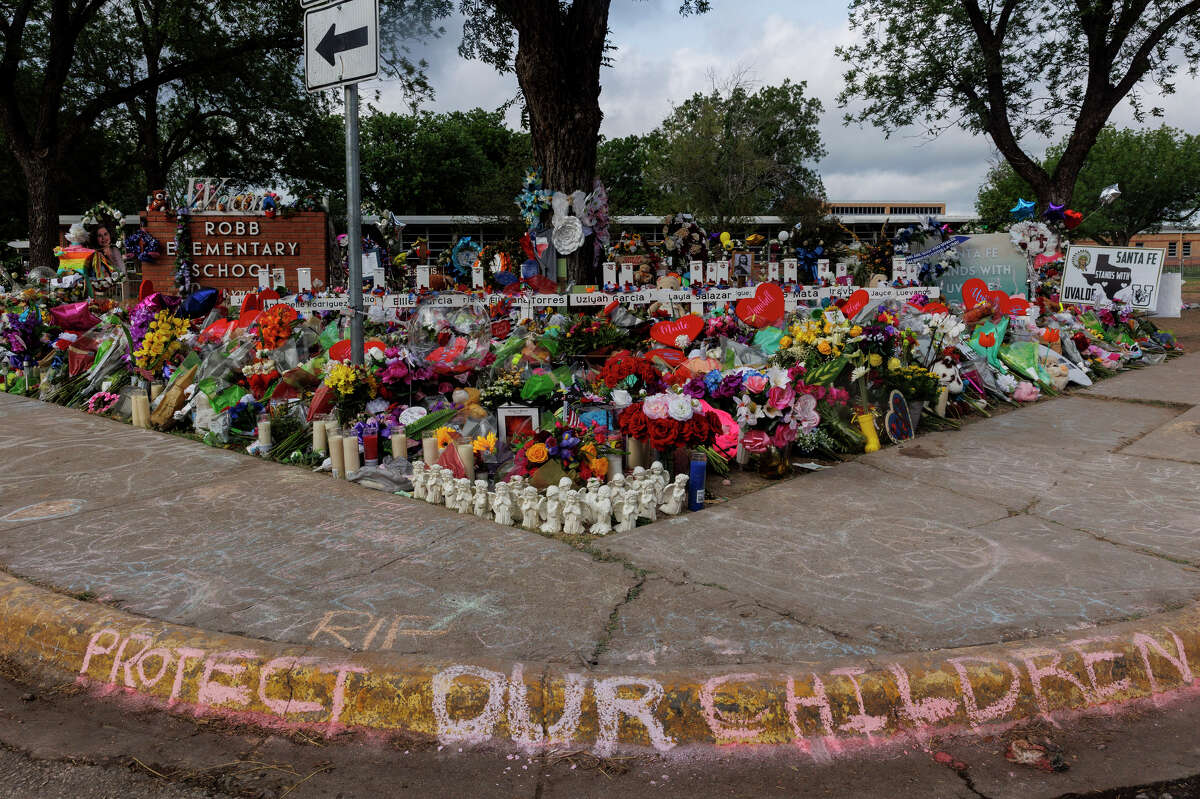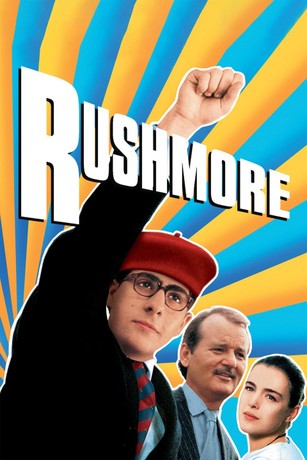While considering what to write about for my opinion piece, I considered revisiting my first article, which was about the investigation of President Trump’s Lawyer, Michael Cohen. But I quickly realized with all that has been occurring in the news lately, another politically driven opinion article would just be unnecessary, and people wouldn’t want to read it, which would eliminate the purpose of writing it. Then, I considered why people generally write about political happenings in the news – to make people feel (and therefore sway public opinion). All too often, however, political news can be very disappointing and grim, so I wanted to write an article to remind everyone why we should have a great deal of optimism going forward, be it five months or five thousand years.
Between 45 and 35 thousand years ago, the first anatomically modern humans, cro-magnons, began to appear in Europe after leaving Africa some twenty thousand years earlier. Cro-magnons, like our former homo ancestors and relatives, were tool-making peoples that were intelligent and may have been able to speak. Of course, we also know that cro-magnons beat off Neanderthals and other homos such that we are the only extant species around today. In fact, not only are we the only extant species (because we killed everyone else), but we are also found universally across the world.
Why is that reason for optimism? Well, we have to consider the incredible progress that the human race has made over the last ten thousand years or so. For a majority of our existence, we were huntergatherers who would band up in groups and kill each other in a very territorial manner, much like the common chimpanzee (chimpanzees being our closest biological relatives). Somewhere along the lines, however, something happened evolutionarily that made it possible for agrarian society to begin, and soon after, governments and organized societies formed. The formation of the first society, organized by man for man, marked the beginning of the inexorable march of human progress – and I think it’s unreasonable to assume that this inexorable march will lead us to our end.
The something that happened to turn humans into creatures capable of society and large-scale organization was the development of the biologically- acquired trait: intelligence. Like all other biological traits, our intelligence is growing and evolving, and although our intelligence has brought us into a precarious position, it can just as easily lead us out of our modern dilemma and allow us to fully flourish as a cooperative species. In 5,000 years, the human brain will be fundamentally different from the human brain today, not because of the way that we will have improved our knowledge of the universe, or the way that we will have improved the education of our youth, but because of biological change. Even with the best teaching methods, our intelligence has biological limitations – in the future, these limitations will not exist (although new limitations will exist to replace them, of course, as evolution is the pursuit of the ever-changing goal of perfection).
It’s true that things look grim right now: We are quickly raising our global temperature beyond a point of no return while simultaneously tipping the scales of very delicate chemical equilibriums that keep our ecosystem in check. On top of that, there are nations in our world that drive wedges between people (metaphorically, of course) while pointing weapons of mass destruction at perceived enemies. Realistically, we’re our own biggest threat – but that’s nothing new.
Alone, a human in the nature can do very well for himself – if you bring a dozen humans together, then you’ve got a serious force to be reckoned with. If you get 100 humans together, there are few threats; disease, natural disaster, and other humans. In 2018, we are a lot less afraid of disease and natural disasters because we can control disease and mitigate disasters, which leaves humanity as the greatest threat to humanity. On one hand, humans are exceptionally skilled at destroying life, even at the microscopic level, but on the other hand, humans have an incredible ability to support each other. If human nature was so selfish and so contrived as to simply lead to our own destruction, then the human population would never have managed to grow to 7 billion.
Empathy is a key attribute of our intelligence that has allowed our extreme advancement. For example, the high-pitched wailing of a child crying triggers certain primitive and subconscious parts of the brain that heighten our attention and prepare us for potential trouble – ambulance, police and firetruck sirens imitate the sound patterns of children for this very reason. Human cognition is a very tricky thing, and prejudices and pre-determined opinions of others can lead to apathy, but at our core, in our deep subconscious, we are a highly social species that learns love before hate – and that’s (unfortunately) easy to forget.
People’s fear for the future is certainly not unfounded – a common fear is that our current President may start a war that will mark the demise of civilization. However, this is not the first (or last) time that humanity has found itself between a rock and a hard place. Just a few decades ago, the cold war marked one of the scariest times in human history. During the Cuban Missile Crisis, people lined up for blocks to take confession at churches, certain that the end was near. We made it through five years under President Nixon, a man who would eat ketchup with ice cream and turn down the thermostats in the White House during the summer so that he could light his fireplace and sit near it. Humans are selfish – we’ve all found ourselves in situations where our line of thinking became “well, if I can’t win, nobody else will win.” This line of thinking is what lead to the doctrine of mutual destruction, and it has been the impetus behind many wars in the past, but I don’t think that it’s reasonable to assume that it will be the cause of a nuclear war.
In the normal wars of the past, it was easy for leaders to lack empathy. For example, you call a draft for all of the young men in your country, and you send them off to some foreign land for conquest, or if you are on the defense, you may adopt a scorched earth policy like the Russians of WWII, but these forms of war are fundamentally different from ordering the destruction of humanity on the mass level. There are risks inherent with declaring war as the leader of a nation, but never were the stakes so simple – you kill them, you die too. Men like Trump or Kim Jong-Un who rest their fingers on the proverbial red button of nuclear war have some serious considering to do, and I’d wager that they aren’t so selfish and apathetic that they would lead not only their countries – whom they both feel strong pride for – but their families, whom they love, and themselves, whom they certainly love, to certain death and destruction.
Our ability to learn is another key part of our intelligence that has allowed such incredible progress – the reason why we don’t regress to feudal society is because we have all learned the negatives of such a society, and we have progressed past that part of human society. Likewise, we have seen the effects of supernationalism and aggressive leadership manifest themselves in the first and second world wars, the perils of both of these wars being common knowledge among any person you find. Just as our leaders have empathy, they have the ability to learn, and they all certainly know and want to avoid a re-hash of the world as it was a century ago.
It’s hard to say how long it will take us as a race to rise up to the next level and move past the roadblocks that currently keep us from fully realizing our potential, but I am certain that it will happen, because it’s happened countless times over the course of human history, and I find it unreasonable to figure that we have come all this way just to end it all out of our own volition.











